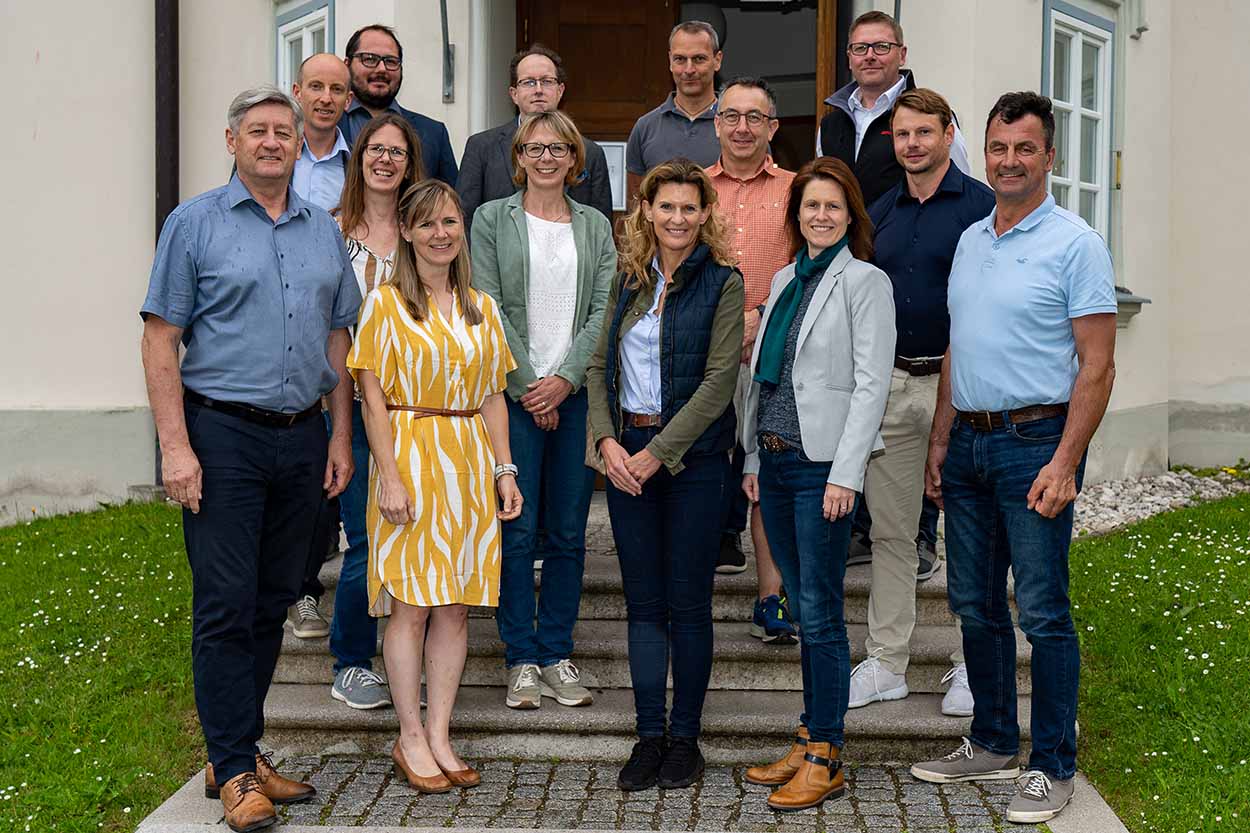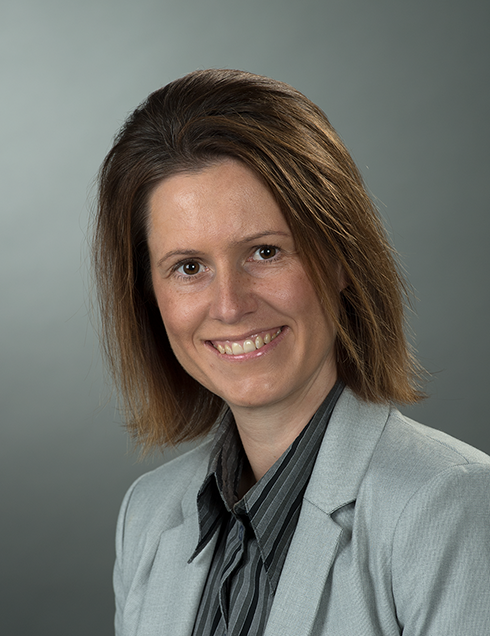The EIP-Agri project SaLuT aims to reduce ammonia (NH3) and odor emissions in fattening pig farming while at the same time improving the housing conditions for the animals. The focus was on the development and testing of the first low-emission animal welfare stable for fattening pigs in Austria, with completely new technical approaches being taken in the areas of animal husbandry and emissions. In a process lasting several years, from the planning of the stable building to the successful operation of an animal welfare stable for fattening pigs by the Neuhold family in Leitersdorf, important findings on animal welfare, economic efficiency and relevant emissions such as odor, ammonia, dust and noise were collected through accompanying measurements and assessments.
In a final meeting, all researchers made short contributions on the respective project results, which were also discussed in detail. The next step should now be timely publication and knowledge transfer via various channels. The project has shown what enormous potential the combination of new but also proven technologies offers in terms of reducing emissions in fattening pig farming. But a new path is also being taken in terms of increasing animal welfare standards through consistent implementation of the separation of functions within the pens. Overall, the diverse results of this novel stable system are generating a great deal of international interest.
For the project manager
Eduard Zentner
Project participants:
- Raumberg Gumpenstein Federal College (Scientific Project Management)
- Neuhold family (agricultural business)
- Schauer Agrotronic GmbH (stable technology company)
- Lorber & Partner GmbH (construction company)
- ÖGUT (Administrative Project Management)
- Specialist office for animal-friendly animal husbandry and animal protection
- State of Styria










